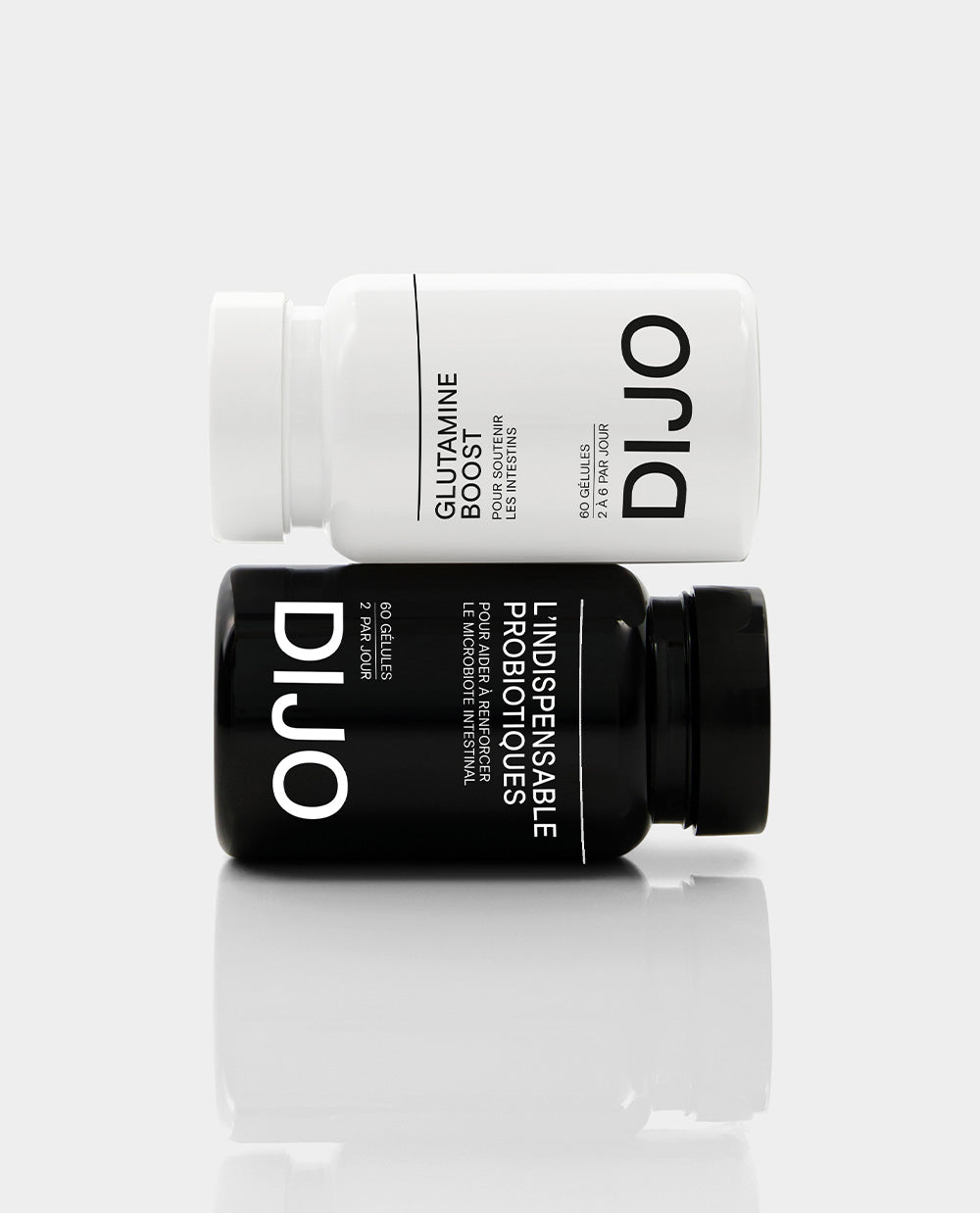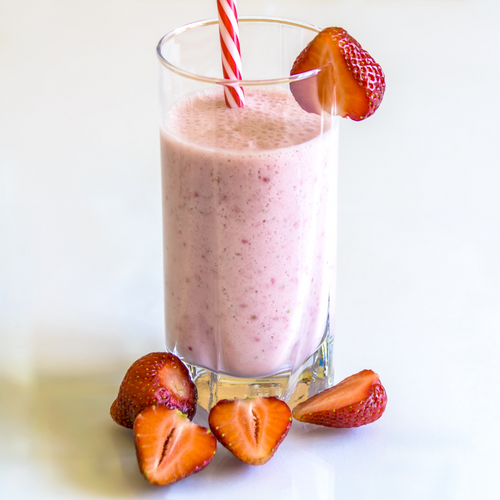Currently, stress is recognized as one of the main public health problems. According to an OpinionWay survey (2017), 9 out of 10 French people say they are stressed. However, stress is not without impact on our daily lives and our health. It is therefore essential to get to know it and then manage it better.
Chronic stress, what is it?
Stress is defined as a normal physiological response of the body when it is faced with a situation perceived as harmful (danger, aggression, etc.) or beneficial (good news, a new project, etc.). This state of alert has always ensured the survival of our species by allowing the mobilization of all the capacities of our organism. However, stress remains a complex process that should not be taken lightly. Indeed, if it is not taken in time, it can become chronic stress and lead to health consequences.
The different phases of chronic stress
Stress constituting a process of adaptation to change develops in three phases :
-
The alarm phase: It corresponds to a state of maximum alert where the body prepares either to fight the danger or to flee it. This is when the body produces adrenaline, a hormone allowing it to react and quickly make the right decision.
-
The resistance phase: This is the period when the body resists without exhausting its resources. This adaptation phase lasts as long as it is deemed necessary. It is characterized by an increase in the secretion of cortisol, the stress hormone, by the adrenal glands.
- The exhaustion phase: It occurs when the body's reserves are depleted and its defense capabilities are overwhelmed. The body can no longer fight stress and this is when many problems can appear.
Manifestations of chronic stress
It is important to know how to identify the different manifestations that chronic stress can have. These may differ depending on each person . However, certain reactions are often present such as:
- Increased heart rate
- Increased blood pressure and respiratory rate
- Gastrointestinal disorders
- Muscle tension
- Excessive sweating
- Severe fatigue
- Sleeping troubles
Why is chronic stress bad for the body?
When stress becomes chronic, that is to say our body is subjected to it for a prolonged period , it will cause deleterious effects on the body. Indeed, it has been shown that it is responsible for numerous health problems such as the development of cardiovascular diseases, mental disorders (anxiety, depression, etc.) and even sleep disorders.
The intestinal microbiota can also be damaged by chronic stress. Studies have shown that the composition and richness of the intestinal microbiota can be altered, thus favoring the proliferation of certain pathogenic bacteria to the detriment of others, known to be beneficial. Indeed, stress leads in particular to the reduction of Bifidobacteria , beneficial bacteria contributing to good digestion and the production of anti-inflammatory substances within our body. In addition, stress can also lead to an increase in Clostridia, which is responsible for inflammation and many diseases. Finally, stress can also affect the intestinal barrier by increasing its porosity , which leads to the passage of harmful substances through it. This hyperpermeability leads in particular to an immune disorder and inflammation .
Do not panic ! Many treatments exist to reduce this stress and prevent it from taking hold.
Our advice to combat chronic stress
1 – Practice physical activity to combat your chronic stress
Physical activity helps reduce stress levels through the release of endorphins , substances secreted in the brain that provide a feeling of well-being and a natural anxiolytic effect. In particular, it has been shown that physical activity lasting more than 30 minutes induces this beneficial secretion of endorphins. So, remember to exercise regularly for at least 30 minutes!
2 - Restore your intestinal shield using probiotics to reduce your stress
A porous intestinal barrier is associated with the passage of, among other things, toxins and bacteria into the bloodstream, which promotes systemic inflammation and worsens chronic stress via disruption of hormonal balance . By taking care of your intestinal barrier through a balanced diet and anti-stress food supplements , you can strengthen your resistance to chronic stress and promote better general health. This is why at DIJO, we were keen to create the Concrete Intestines Pack which combines 2 products, Essential Probiotics and Glutamine . This combination will restore a balance within your intestinal microbiota thanks to probiotics while restoring your intestinal barrier, which will allow you to fight against the harmful effects of chronic stress on the body.
3 – Give yourself a moment of meditation and breathing
Practicing meditation and deep breathing helps calm the mind by slowing down the heart and breathing rates. This helps reduce stress signals sent to the body. So, choose a place conducive to calm and concentrate on your breathing, while making sure to escape your invasive thoughts.
4 – Think about anti-stress essential oils
Many essential oils have been highlighted for their virtues against stress and its various manifestations. Among these oils, we find:
-
Fine Lavender essential oil: soothes the nervous system
-
Rosewood essential oil: anxiolytic property
-
Petit grain bigarade essential oil: contributes to nervous calming
- Ylang-Ylang essential oil: calming and relaxing properties
Essential oils are very concentrated, particularly powerful products that do not all have the same routes of administration (cutaneous, oral, inhalation, diffusion). So remember to find out before using them.
5 – Don’t neglect your sleep to alleviate your chronic stress
Make sure you get good quality sleep . It will be your ally in reducing your stress by reducing the levels of certain hormones associated with stress (cortisol and adrenaline). Restful sleep will also help regulate your autonomic nervous system, which is responsible for the body's control of stress. Find here our advice for improving the quality of your sleep thanks to (micro)nutrition or our guide to help you fight chronic fatigue.
Sources:
[1] European Agency for Safety and Health at Work. (2007). Expert forecast on emerging psychosocial risks related to occupational safety and health .
[2] Ramsay General Health Foundation. (October 2017). Health Communication Festival - The French and stress.
[3] STORA, Jean Benjamin. (2019). The stress . Humensis. ISBN: 978-2-7154-0209-6
By Jean Benjamin Stora
[4] SONG, J and others. (2014). Effect of a probiotic mixture on intestinal microflora, morphology, and barrier integrity of broilers subjected to heat stress. Poultry Science, (93)3, 581-588, ISSN 0032-5791.
[5] FESTY, Danièle. (2018). My essential oils bible. Leduc Éditions. ISBN: 979-10-285-1110-4
[6] TROUSSELARD, Marion. (2022). Sleep and stress. National Defense Review, 36-42



















